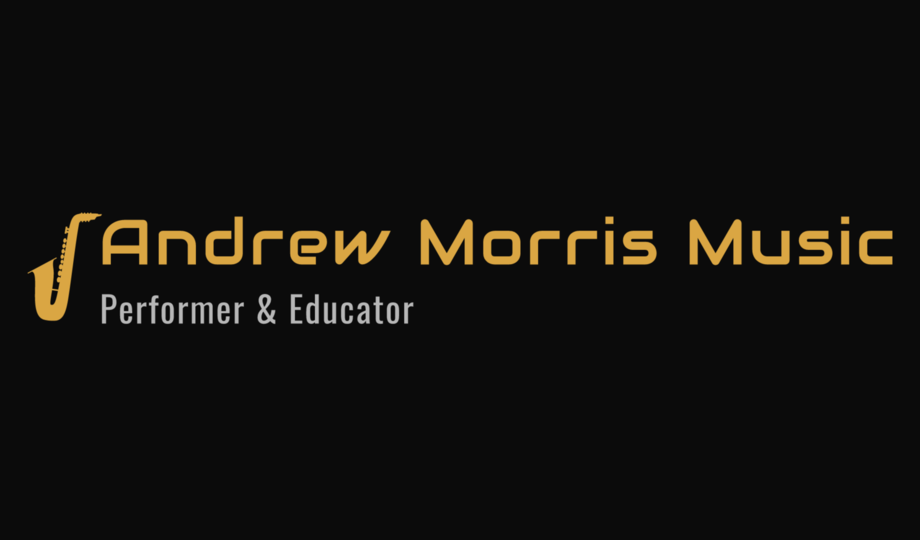
Andrew Morris Music Blog
The benefits of having a Music Teacher when learning an instrument
Proper technique:
A teacher can show you the correct posture, hand positions, and mouth placement to help you play effectively and avoid injury.
Individualised instruction:
A teacher can assess your strengths and weaknesses and customize a lesson plan to help you improve.
Feedback:
A teacher can give you instant feedback on your playing and help you correct any mistakes.
Learning at your own pace:
A teacher can adjust the pace of your lessons to suit your learning style and needs.
Access to resources:
A teacher can provide you with sheet music, recordings, and other resources to help you advance.
Expanded knowledge:
A teacher can introduce you to new styles, techniques, and repertoire, helping you grow as a musician.
Increased motivation:
A teacher can help you stay motivated and encourage you to continue practicing and improving.
Performance opportunities:
A teacher may offer performance opportunities, such as recitals or concerts, that can help you gain confidence and experience.
____________________
Improving on your instrument
To improve at playing your instrument, it's important to practice regularly, with a focus on the following key areas:
Technique:
Focus on hand and finger positioning, playing with proper posture and developing good habits to avoid injury.
Theory:
Study music theory, including scales, chords, and music notation
Repertoire:
Regularly practice playing a variety of pieces, from classical to contemporary, to develop versatility and musical expression.
Sight-reading:
Practice reading sheet music to improve your ability to play music you've never seen before.
Listening:
Listen to a wide range of musical styles and try to understand what makes each piece unique.
Ear training:
Practice recognizing intervals, chords, and rhythm to improve your musical ear.
Rhythm:
Practice playing with good timing and control over dynamics.
Improvisation:
Experiment with playing without sheet music and try creating your own musical ideas.
Remember, consistency is key!
Practising regularly and making slow, steady progress is more effective than cramming for hours infrequently.
____________________
Group vs Individual Lessons
When it comes to learning music, students have the option to take group or individual lessons.
When it comes to choosing between group and individual lessons, there are a few things to consider. Group lessons can be a great budget-friendly option, as they are often less expensive than one-on-one lessons. Additionally, students have the opportunity to interact with their peers and learn in a group environment. However, it's important to note that with a larger group, the teacher may not be able to provide as much individual attention to each student.
On the other hand, individual lessons offer the benefit of personalised instruction that is tailored specifically to the student's unique needs and learning pace. With one-on-one instruction, students can receive greater attention from the teacher, resulting in a more personalized and focused learning experience. This can lead to more efficient progress and faster skill development.
Ultimately, the decision to choose group or individual lessons will depend on the student's learning style, personal preferences, and budget. It's important to weigh the pros and cons of each option and choose the one that will best support your individual learning goals.
____________________
Learning an instrument and mental health
Playing a musical instrument can be a great way to improve your mental health and well-being. Here are some of the benefits of playing an instrument for your mental health:
- Learning to play an instrument can be a beneficial way to reduce stress and anxiety by providing an outlet for creative expression and a distraction from daily worries.
- It can increase feelings of happiness and well-being by releasing natural mood-boosting endorphins in the brain.
- The act of playing can improve cognitive function and enhance brain development, particularly in areas related to memory, language, and attention.
- It can promote social interaction and connection, which contributes to overall mental health and well-being.
- As you learn and improve your instrumental playing skills, you can experience a sense of accomplishment and increased self-esteem and confidence.
- Finally, playing an instrument can also be a form of mindfulness practice.
